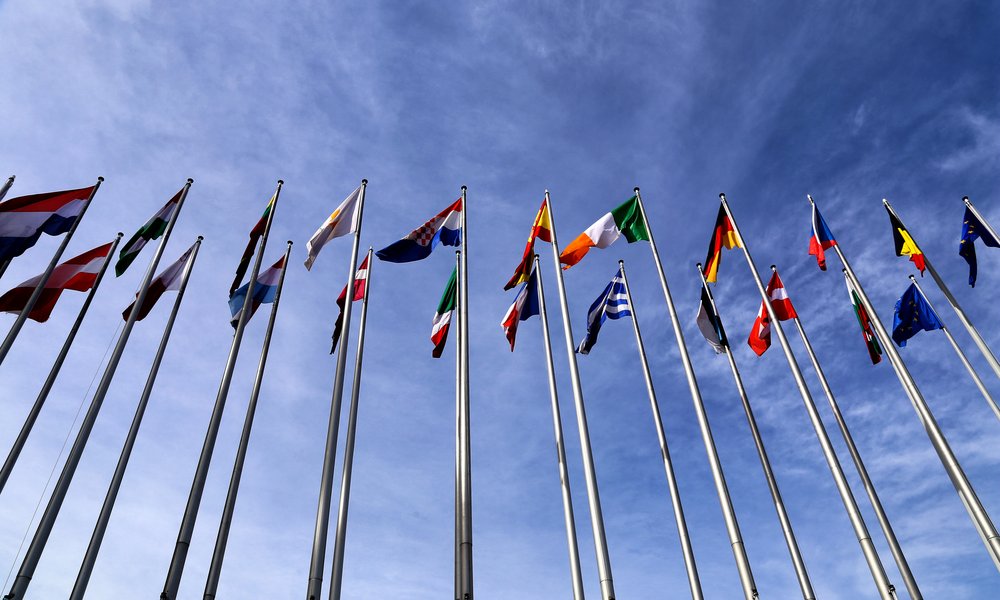News
British Academy celebrates local projects to improve social integration
13 Dec 2017
A new report published today by the British Academy showcases innovative local projects across the country which improve integration in local communities.
In anticipation of the Government’s Integration Strategy, evidence from the British Academy demonstrates the wealth of positive projects already making an impact in the lives of migrant, refugee and asylum-seeking communities, as well as established communities.
"If you could do one thing...” Local actions to promote social integration highlights practical, evidence-based interventions which could be replicated in other parts of the country to improve relationships between communities of different ethnic backgrounds and to help new arrivals feel welcome.
The British Academy commissioned academics and practitioners to suggest local interventions which tackle the challenges of a diverse society, from an arts festival to boost community connectedness in Ramsgate, to a lunch club in Birmingham which offers a safe space for asylum seekers and refugees.
These interventions are accompanied by a series of case studies of projects working with recently arrived migrants, asylum seekers and refugees, with a particular focus on young people. These include St Edmund’s Nursery School in Girlington, Bradford, which supports Roma and Central and Eastern European children and their parents, and the Baca project in the Midlands which provides alternative holistic care for unaccompanied aslyum seeking children.
The interventions studied have the potential to be replicated in whole or in part in different places and with different communities across the UK.
Over a year on from Dame Louise Casey’s Review of social integration in the UK, the British Academy identifies some key lessons from the projects included in"If you could do one thing...”:
- Social integration is a two-way process. The most successful interventions offer something back to the existing community, whether that be the opportunity to make friends from different backgrounds or to take part in something creative.
- Local authorities provide more than funding. Local authorities celebrated by many of the featured interventions often hosted forums to bring people together and had a good understanding of the role of partner organisations. They were seen as a positive body to galvanise people, and fostered two-way communication with local stakeholders.
- Involving members of migrant communities in the design and implementation of projects is important. Many of the initiatives train local ‘champions’ to help them deliver their services and act as ambassadors in their communities.
- Confronting and resolving tensions is vital. Dealing with local grievances not only helps to dissolve tensions, but also prevents these from undermining any effective social integration work already going on.
Chair of the British Academy project, Professor Anthony Heath CBE FBA said:
“It is often said that we live in a divided society, yet our research shows how small, local projects are already making difference to the lives of established and newly-arrived migrant communities across the UK.
“But it is clear that integration does not happen on its own. Social integration must be supported and planned, taking into account the diverse needs of specific communities and places.
“The Government’s forthcoming Integration Strategy must take account of the good work that is already going on. Only then can we build sustainable and cohesive communities, where people of all backgrounds are welcomed and supported.”
The Lord Bourne of Aberystwyth, Parliamentary Under Secretary of State, Department for Communities and Local Government said:
“If you could do one thing…” provides practitioners, policy makers and communities invaluable and practical insights on how we can strengthen integration in local places drawing on our collective knowledge and practice.”
Commenting on the launch of the British Academy’s “If you could do one thing..." report, Chuka Umunna MP said:
“I welcome the publication of this report. We need a meaningful Integration Strategy which works for all parts of the UK to celebrate and look beyond our differences. However, integration is a two-way street requiring action on the part of newcomers and host communities.
“The All-Party Parliamentary Group on Social Integration, which I Chair, has called on the Government to overcome any and all barriers to integration, by empowering local leaders to promote integration, so we can ensure the UK continues to be an open and global facing nation.”
Contact the press office
For further information contact the Press Office on [email protected] / 07500 010 432.

